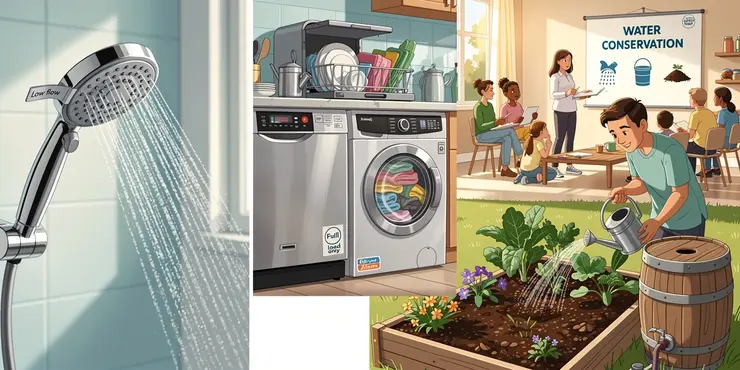
Find Help
More Items From Ergsy search
-
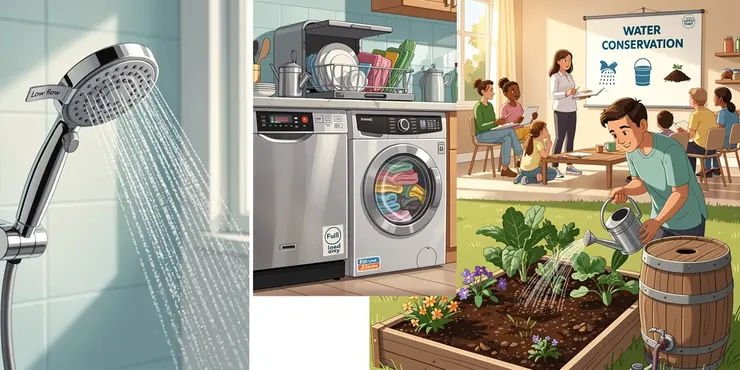
What is the role of consumers in reducing water loss?
Relevance: 100%
-
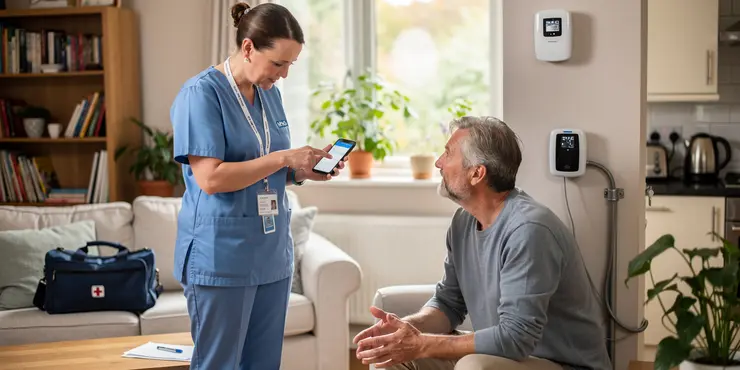
How are new technologies helping to reduce water loss in the UK?
Relevance: 73%
-
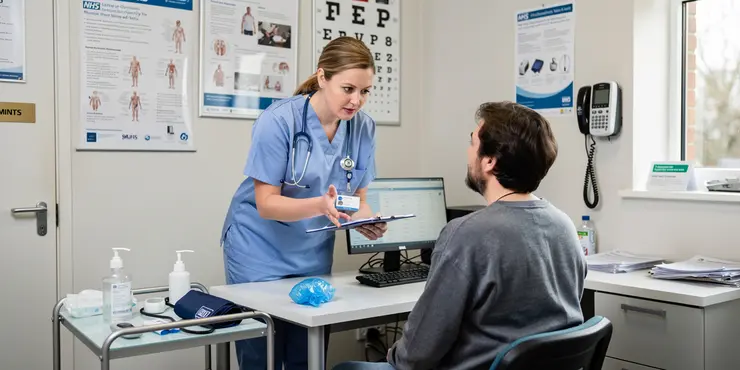
What causes water loss in the UK?
Relevance: 69%
-
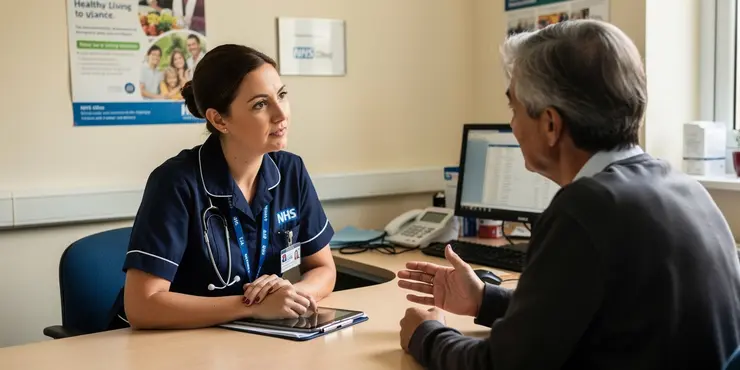
What are the financial implications of water loss for the UK?
Relevance: 67%
-
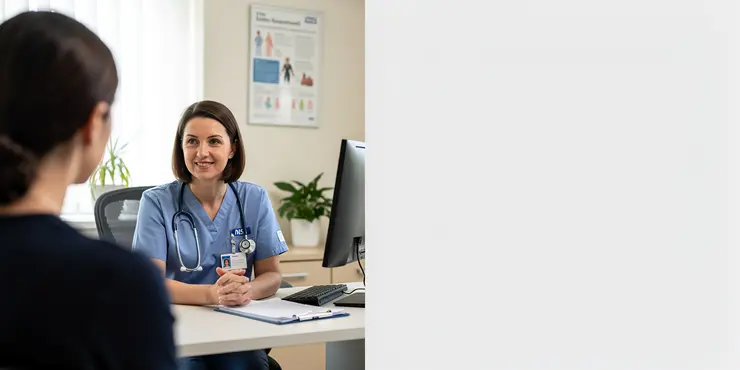
How significant is the water loss problem in the UK?
Relevance: 63%
-
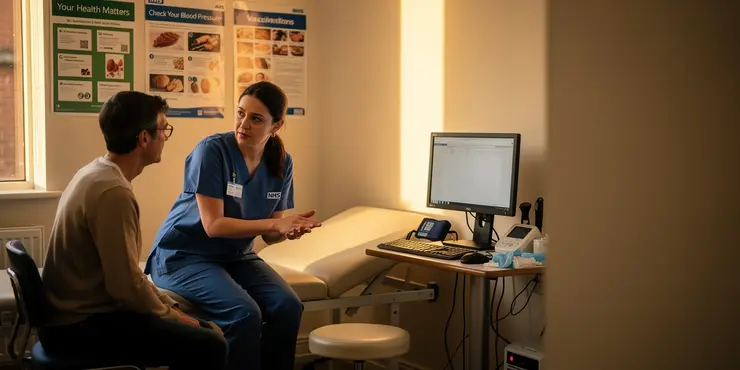
Are there any government initiatives to tackle water loss in the UK?
Relevance: 59%
-
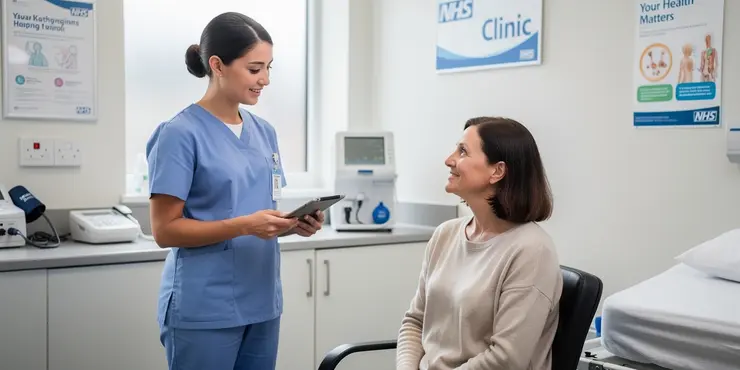
What measures are being taken to address water loss in the UK?
Relevance: 56%
-
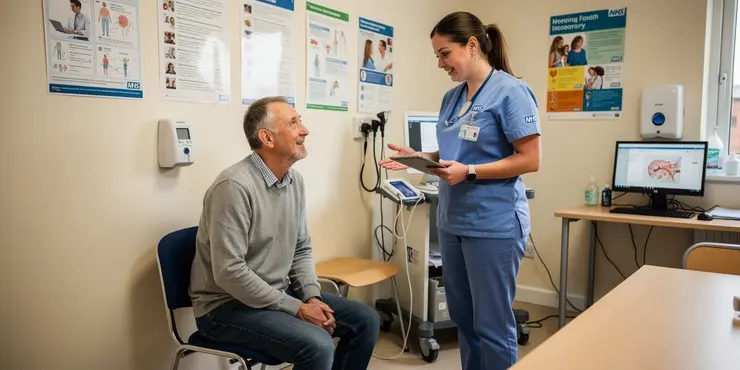
What impact does water loss have on the environment in the UK?
Relevance: 56%
-
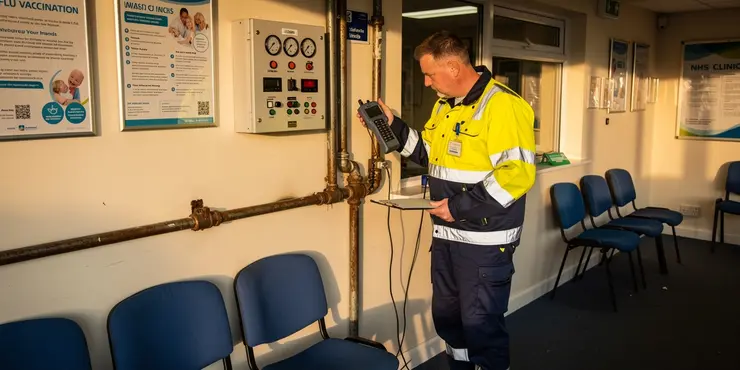
What is the expected timeframe to significantly reduce water loss in the UK?
Relevance: 53%
-
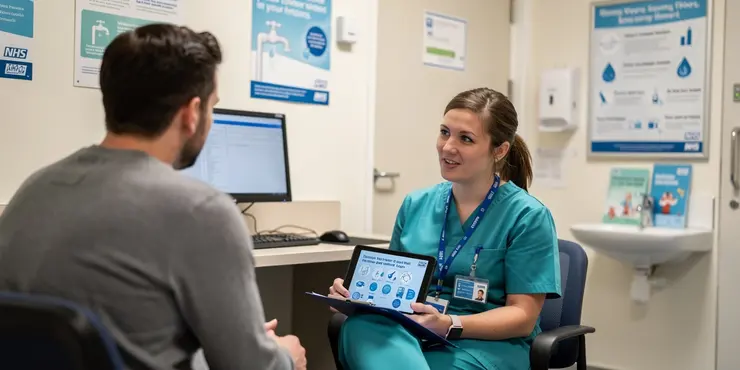
Can individual actions significantly impact overall water loss?
Relevance: 52%
-
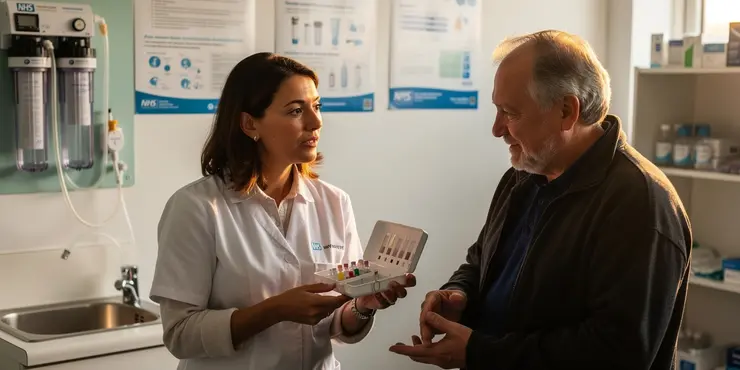
How much water is lost in the UK through poor infrastructure?
Relevance: 51%
-
Can reducing sugar intake aid weight loss?
Relevance: 48%
-
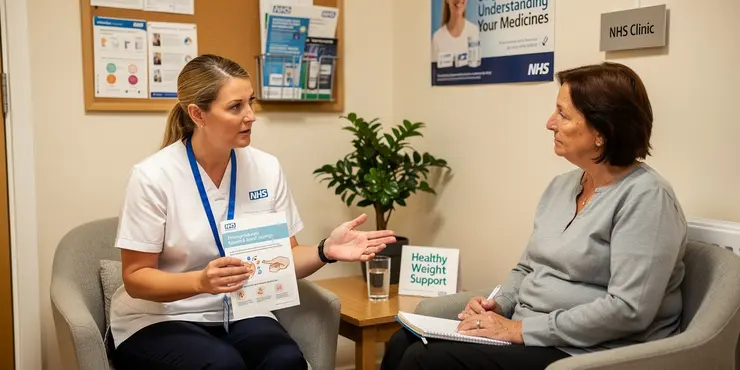
Can weight loss drugs cause dehydration?
Relevance: 41%
-

What measures can consumers take to reduce their energy bills?
Relevance: 40%
-
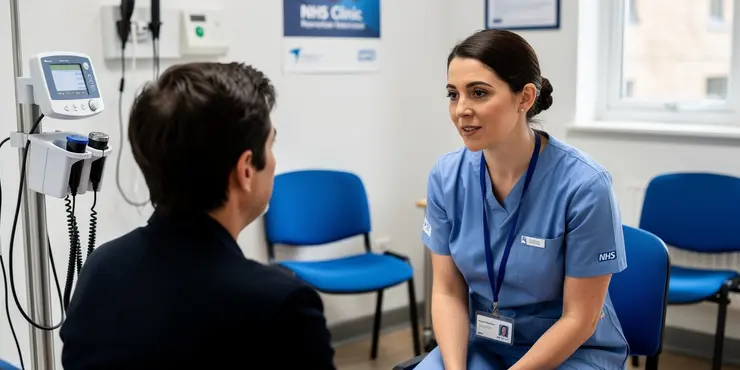
Who regulates the performance and compliance of UK water companies?
Relevance: 39%
-
How can I reduce the negative impacts of consuming seed oils?
Relevance: 38%
-
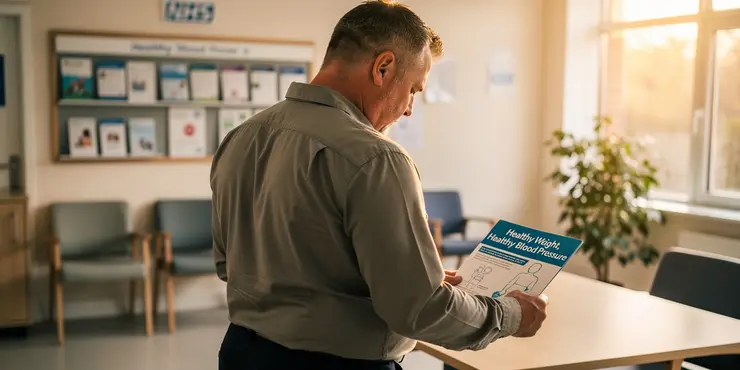
Can weight loss help reduce high blood pressure?
Relevance: 38%
-
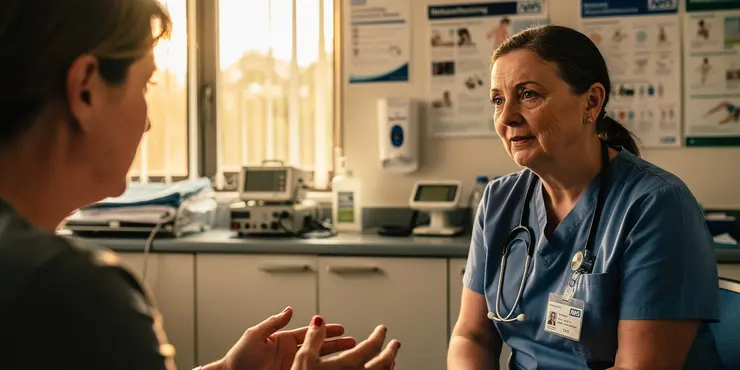
Do water companies have to update the infrastructure?
Relevance: 38%
-
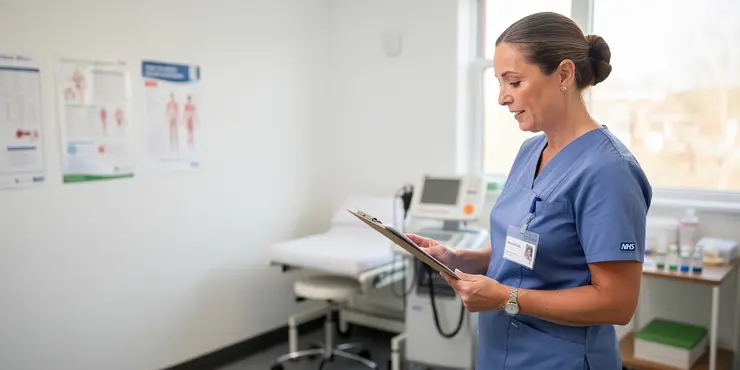
Are there penalties for not maintaining water infrastructure?
Relevance: 38%
-
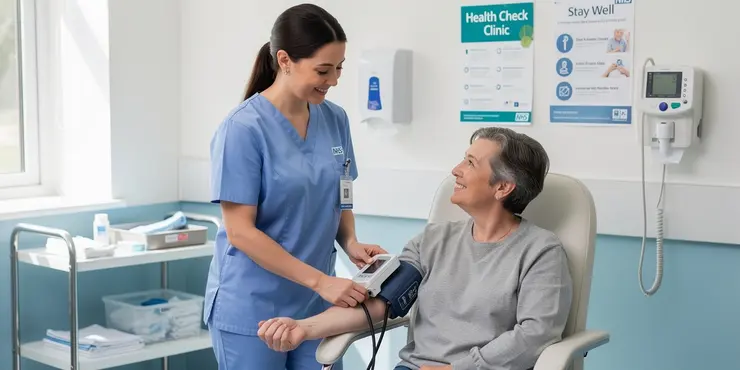
Are there initiatives to improve water efficiency in infrastructure?
Relevance: 38%
-
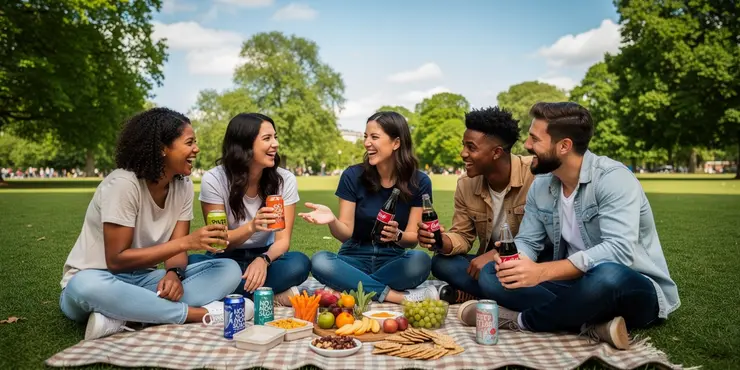
How does the sugar tax affect consumers?
Relevance: 38%
-
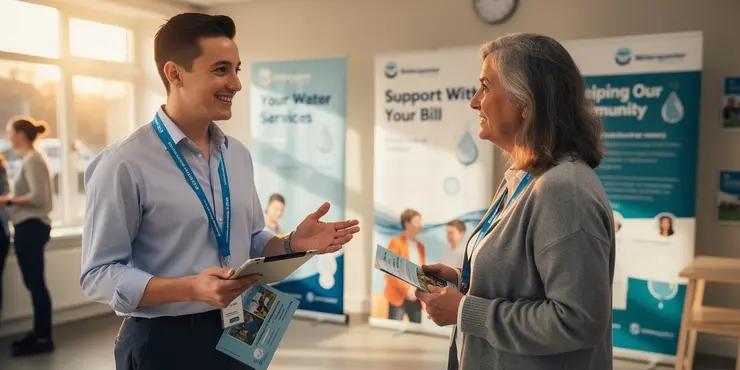
What is the role of a water regulator in my claim?
Relevance: 37%
-
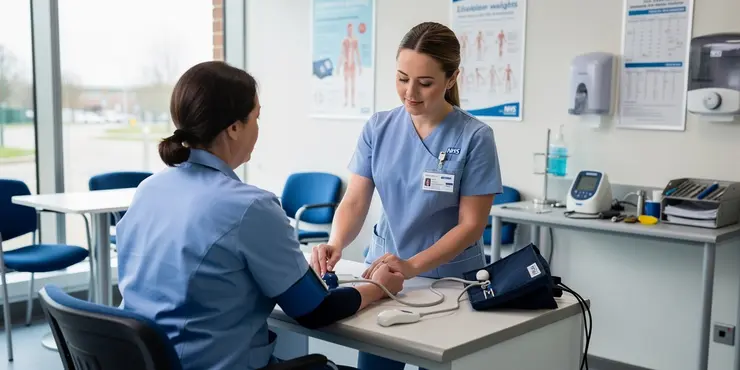
Do these refunds mean water companies have increased their rates fraudulently?
Relevance: 37%
-
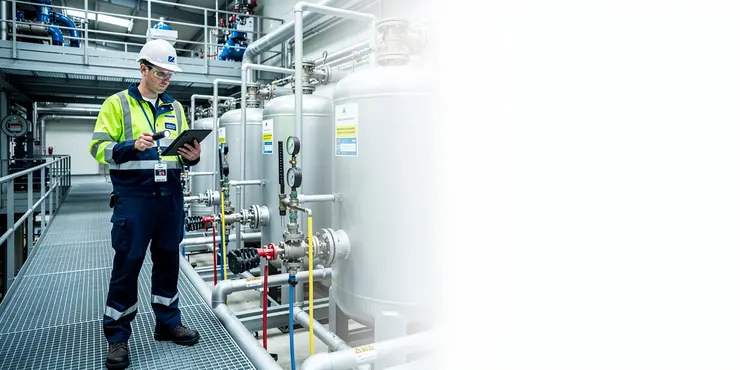
Are water companies responsible for maintaining water infrastructure in the UK?
Relevance: 37%
-
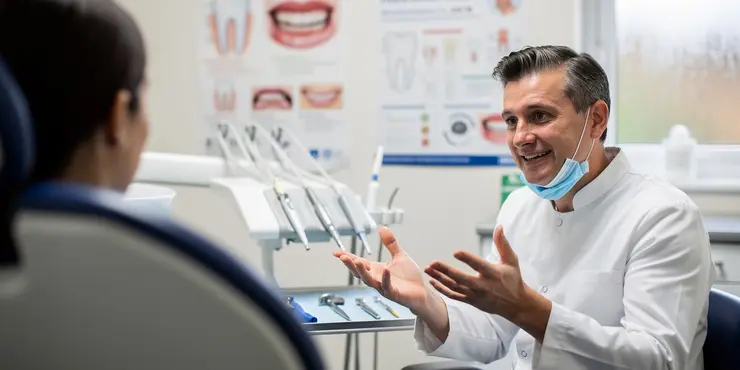
Can drinking water help prevent tooth decay?
Relevance: 36%
-
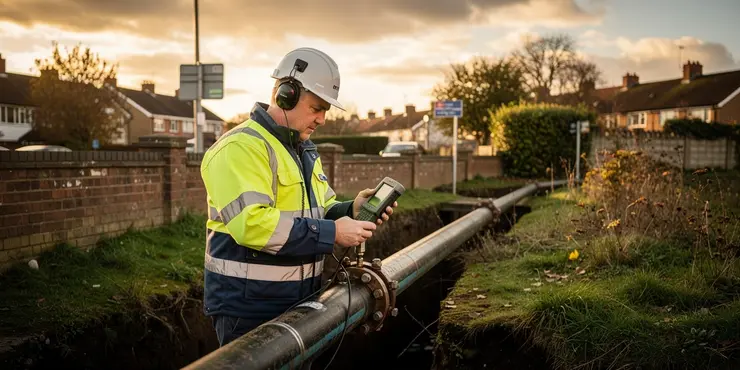
How do water companies detect leaks?
Relevance: 36%
-
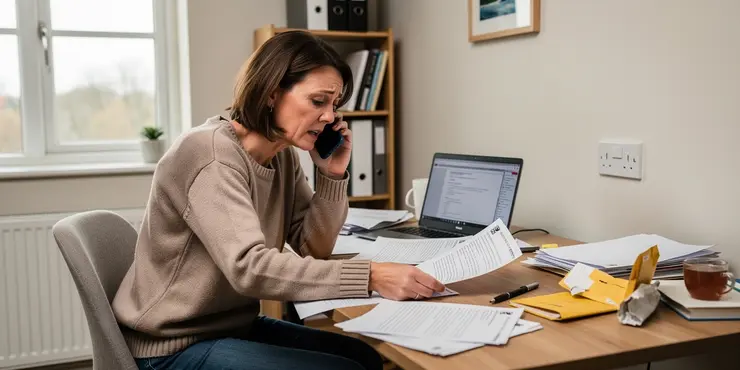
What can I do if the water company doesn’t respond to my claim?
Relevance: 36%
-
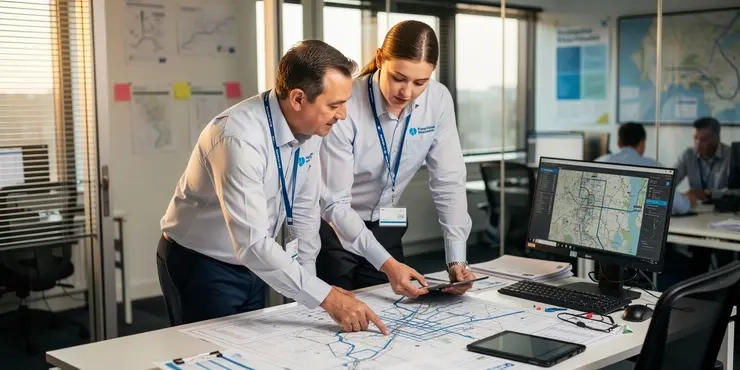
Do water companies have long-term infrastructure plans?
Relevance: 36%
-
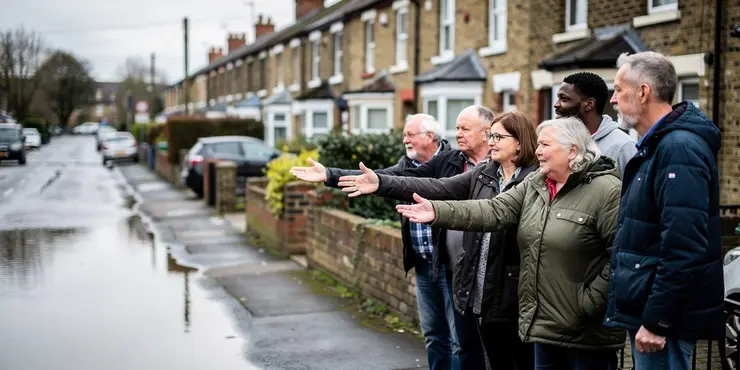
What happens if a water main bursts?
Relevance: 35%
-

How transparent are water companies regarding infrastructure improvements?
Relevance: 35%
-

Which body is responsible for enforcing refunds by UK water companies?
Relevance: 35%
-
How can I reduce my sugar intake?
Relevance: 35%
-
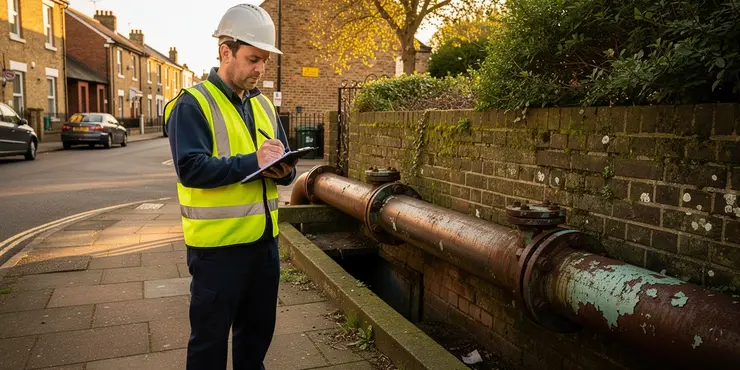
Are water companies responsible to maintain and update infrastructure in the UK?
Relevance: 34%
-
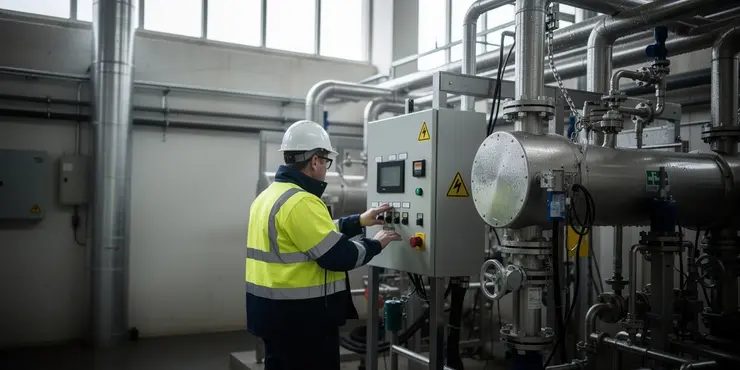
What does water infrastructure maintenance involve?
Relevance: 34%
-
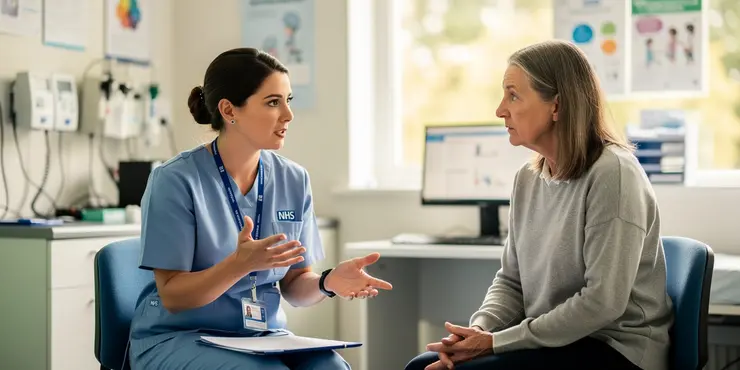
How do water companies fund infrastructure updates?
Relevance: 34%
-
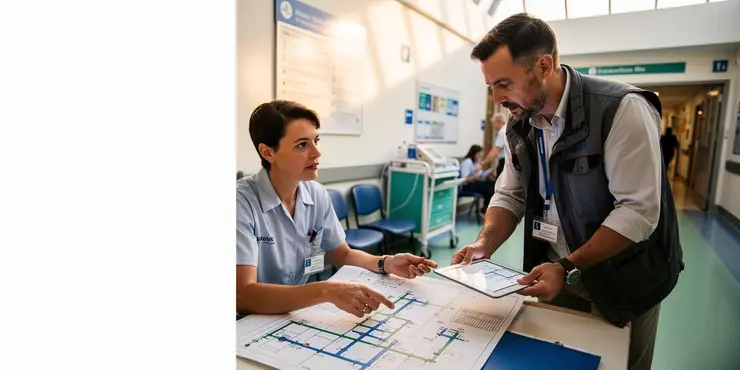
How will refunds affect investments towards improving water infrastructure?
Relevance: 34%
-
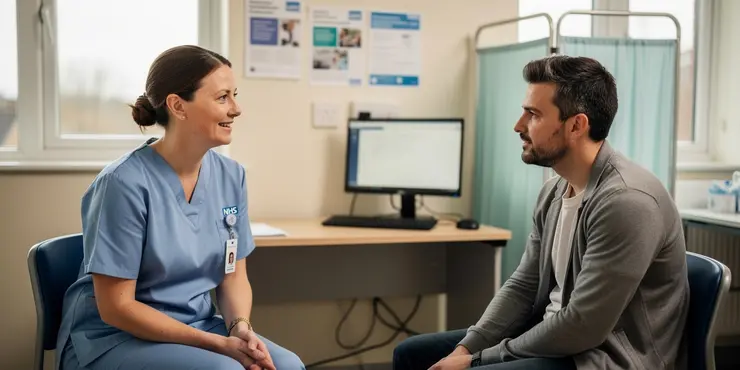
What is the first step to claim money back from my water company?
Relevance: 34%
-
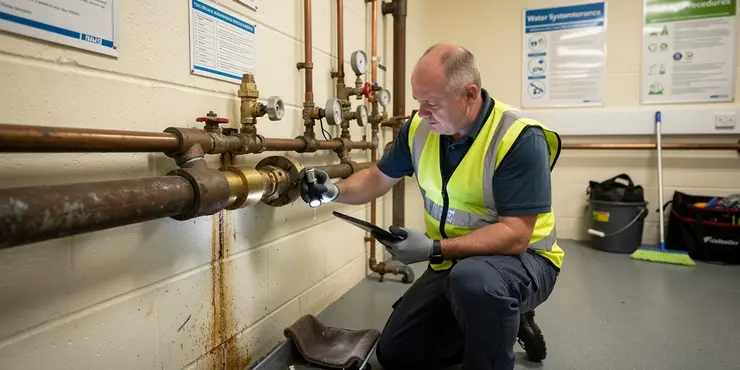
Why is it challenging to fix water leaks in the UK?
Relevance: 34%
-
Can alcohol be consumed while taking Wegovy?
Relevance: 33%
-
How many grams of sugar should a child consume daily?
Relevance: 33%
The Role of Consumers in Reducing Water Loss
Water is a precious resource, and its conservation is crucial for both environmental sustainability and economic efficiency, especially in areas like the UK, which can experience both droughts and floods. Consumers play a pivotal role in reducing water loss through their daily habits and participation in water-saving initiatives. This responsibility is not just on the shoulders of industries and governments; individuals can make a significant impact.
Understanding Water Usage
To effectively reduce water loss, consumers first need to understand how they use water daily. In the UK, the average person uses around 150 litres of water per day, with activities such as showering, flushing toilets, and washing clothes accounting for a significant portion of this use. By being aware of these figures, consumers can identify areas where they might cut back on water use without affecting their quality of life.
Implementing Water-Saving Techniques
There are numerous simple, yet effective water-saving techniques that consumers can implement. These include taking shorter showers, fixing leaks promptly, using watering cans instead of hoses for gardening, and installing water-efficient fixtures and appliances. For example, dual-flush toilets and low-flow showerheads can significantly reduce water consumption without a noticeable difference in user experience.
Embracing Water-Conscious Behaviors
Beyond technical fixes, adopting water-conscious behaviors is vital. Consumers can make a habit of turning off the tap while brushing their teeth or washing dishes. Additionally, running dishwashers and washing machines only with full loads can prevent unnecessary water use. Educating oneself and family members about the importance of water conservation can also promote mindful water use throughout the household.
Engaging in Community and Policy Efforts
On a broader scale, UK consumers can engage in community initiatives and support policies that aim to conserve water. This might involve participating in local water conservation programs, supporting water-friendly legislation, or collaborating with neighbors to implement collective water-saving measures. By advocating for better water management practices and investing in rainwater harvesting systems or community gardens, consumers can generate a significant collective impact.
Conclusion
In summary, the role of consumers in reducing water loss in the UK is crucial and multi-faceted. By understanding their water usage, implementing efficient techniques, adopting water-conscious behaviors, and engaging in community efforts, consumers can greatly contribute to reducing water waste. This not only helps in preserving the environment for future generations but also ensures a sustainable water supply in the face of climate change and growing population demands.
The Role of Consumers in Reducing Water Loss
Water is very important. We need to save it for the planet and for saving money. In the UK, we sometimes have too much or too little water. People, not just big companies or the government, can help a lot by using less water at home.
Understanding Water Usage
To save water, we need to know how we use it every day. In the UK, a person uses about 150 liters each day. Showering, flushing toilets, and washing clothes use lots of water. Knowing this can help people find ways to use less water without making life harder.
Implementing Water-Saving Techniques
It is easy to save water with some simple actions. Take shorter showers, fix leaks, use a watering can, and get water-saving showerheads and toilets. These changes can help save lots of water, but life feels the same.
Embracing Water-Conscious Behaviors
We can do little things to save water each day. Turn off the tap while brushing teeth. Only run the dishwasher and washing machine when they are full. Teach family about saving water to use it smartly at home.
Engaging in Community and Policy Efforts
People in the UK can also work together to save water. Join local programs, support laws that save water, and talk to neighbors about saving water as a group. Doing things like collecting rainwater or starting community gardens can make a big difference.
Conclusion
To sum up, people in the UK can play a huge role in saving water. By knowing their water use, using smart techniques, changing everyday habits, and joining community efforts, they can help a lot. This saves the planet and ensures there is enough water for everyone, even as the climate changes and the population grows.
Frequently Asked Questions
What is the role of consumers in reducing water loss?
Consumers play a crucial role in reducing water loss by adopting responsible water usage practices, detecting and fixing leaks, and supporting sustainable water management policies.
How can consumers detect water leaks at home?
Consumers can detect water leaks by regularly checking water meters, inspecting faucets and toilets for drips, and monitoring their water bill for unusual increases.
What everyday habits can consumers adopt to save water?
Consumers can save water by turning off taps while brushing teeth, taking shorter showers, using water-efficient fixtures, and running dishwashers and washing machines with full loads.
Why is it important for consumers to be aware of their water usage?
Being aware of water usage helps consumers identify wasteful practices, reduces water bills, and contributes to the conservation of this vital resource.
How can consumers encourage their communities to reduce water loss?
Consumers can encourage their communities by organizing awareness campaigns, participating in local water conservation programs, and promoting the use of water-saving technologies.
What role do consumer choices in products play in water conservation?
Opting for water-efficient appliances, fixtures, and products supports water conservation efforts and reduces overall water usage.
How can consumers contribute to reducing water loss during gardening?
Consumers can reduce water loss by using drought-resistant plants, employing efficient irrigation systems, and watering gardens during cooler parts of the day.
What impact does fixing a drip have on water loss?
Fixing a single dripping faucet can save hundreds of gallons of water annually, significantly reducing water waste.
Can consumers influence policy changes regarding water conservation?
Yes, consumers can influence policy changes by advocating for stricter water conservation laws and supporting elected officials who prioritize sustainable water management.
How does reducing household water waste impact the environment?
Reducing household water waste helps minimize the strain on water treatment facilities, reduces energy consumption, and lessens the impact on local ecosystems.
How can consumers monitor their water consumption effectively?
Consumers can monitor their water consumption by regularly checking their water meter, using water tracking apps, and reviewing monthly water bills.
What is the value of water-efficient appliances for consumers?
Water-efficient appliances lower water usage, reduce utility bills, and contribute to the overall conservation of water resources.
How can educating others help in reducing water loss?
Educating others raises awareness about water conservation, encourages collective action, and can lead to sustainable water-saving practices.
Why should consumers avoid leaving taps running unnecessarily?
Leaving taps running wastes a significant amount of water, increases bills, and puts unnecessary strain on water resources.
How does consumer water saving lead to financial savings?
Reducing water usage results in lower water bills and decreased energy costs associated with heating water.
What is the benefit of using rainwater harvesting systems for consumers?
Rainwater harvesting systems provide an alternative water source, reduce dependence on municipal water supplies, and help consumers lower their water bills.
How can consumers use technology to help reduce water waste?
Consumers can use smart water meters, leak detection systems, and apps that provide real-time data to monitor and manage water usage efficiently.
How does supporting local water conservation initiatives affect water loss?
Supporting local initiatives amplifies community efforts, fosters innovative solutions, and helps reduce water loss on a larger scale.
Why is it critical for consumers to be proactive in water conservation?
Proactive measures prevent water wastage, ensure sustainable usage, and help preserve water resources for future generations.
What role do education and awareness play in consumer water conservation?
Education and awareness equip consumers with knowledge about water-saving techniques and the importance of conserving water, leading to more informed and sustainable choices.
How can people help stop wasting water?
People can help save water. They can use water carefully, fix leaks, and support rules that protect water.
How Can You Find Water Leaks at Home?
Do you want to find water leaks in your home? Here is how you can do it easily:
- Check Your Water Bill: Is your bill higher than usual? It might mean there's a water leak.
- Listen for Drips: Walk around your house. Do you hear water dripping? Check where the sound is coming from.
- Look at Your Water Meter: Turn off all water taps. Check the meter. If it is moving, you might have a leak.
- Use Tools: A flashlight helps you see small drips. Color dye in the toilet tank can show if there's a leak into the bowl.
If you find a leak, tell an adult, or call a plumber who can help fix it. Remember, regular checks can help you find problems early.
You can find water leaks by doing a few easy things:
- Check your water meter often.
- Look at taps and toilets to see if they drip.
- Watch your water bill. If it gets bigger for no reason, there might be a leak.
How can people save water every day?
Here are some simple ways to save water:
- Turn off the tap when brushing your teeth.
- Take shorter showers.
- Use a broom to clean driveways instead of water.
- Fix leaking taps or pipes.
- Use a bucket to wash the car instead of a hose.
Supportive tools:
- Water-saving gadgets, like shower timers.
- Apps that teach about water saving.
These habits help save water.
You can save water at home by doing a few simple things. Turn off the tap when you brush your teeth. Take quick showers. Use special taps and showerheads that save water. Only use the dishwasher and washing machine when they are full. These steps help us save water and take care of our planet.
Why should people know how much water they use?
It is good to know how much water you use. Saving water helps the planet. It also saves money. You can use less water by taking short showers and turning off taps. Use pictures or apps to keep track of water use. Ask someone for help if needed.
Knowing how much water you use is important. It helps you find ways to save water, pay less on water bills, and protect this important resource for the future.
How can people help their community save water?
Here are some easy ways to help your community use less water:
- Fix leaks: Tell someone if you see a dripping tap.
- Use less water: Turn off the tap when brushing teeth.
- Short showers: Try to keep your showers quick.
- Garden smart: Water plants early in the morning or late in the evening.
- Talk about it: Share these tips with friends and family.
For extra help, you could use picture charts or a timer to manage water use.
You can help your neighborhood by doing a few simple things. You can tell others about saving water, join local water-saving groups, and use tools that help save water.
How can the things we buy help save water?
Using things that save water, like special taps and showers, helps us use less water. This is good for the planet.
How can people save water when gardening?
Here are some easy ways to help save water while you garden:
- Water plants in the morning or evening when it’s cooler.
- Use a watering can instead of a hose to use less water.
- Collect rainwater in a bucket to water your plants.
- Grow plants that don't need a lot of water.
- Put mulch or straw around plants to keep the soil wet.
Try using timers or reminders so you don’t water your plants too much.
You can save water by doing some simple things. Plant flowers and plants that don't need much water. Use smart watering tools to help. Water your plants when it's cooler, like in the morning or evening.
How does stopping a drip save water?
Fixing one leaky tap can save a lot of water every year. This helps stop wasting water.
Can people help change water-saving rules?
Yes, people can help make new rules by asking for stronger water-saving laws. They can also support leaders who care about using water wisely.
What happens if we use less water at home?
Saving water at home is important. It means less work for water cleaning places. It also saves energy and helps plants and animals nearby.
How can people keep track of how much water they use?
Here are some easy ways to watch your water use:
- Check the water meter: You can look at the number on your water meter. It tells you how much water you have used.
- Use a timer: Set a timer when you take a shower. Try to keep it short to save water.
- Watch for drips: Fix taps if they drip. Drips waste water.
- Write it down: You can write down how much water you use each day.
Using these tips can help you save water and keep an eye on your water use.
You can keep an eye on how much water you use at home. Here’s how:
- Look at your water meter often. It shows how much water you use.
- Try using water-tracking apps on your phone. These apps can help you see your water use.
- Check your water bill every month. It tells you how much water you have used.
Why are water-saving machines good for people?
Water-saving machines use less water. They help lower water bills and save more water for everyone.
How can teaching people save water?
Here is how teaching others can help save water:
- Learn together: When we learn how to save water, we can share with friends and family. This helps everyone waste less water.
- Show examples: We can show easy ways to save water like turning off the tap when brushing teeth.
- Use pictures: Pictures and videos can make learning about water fun and easy to understand.
Tools that can help:
- Use apps: Some apps have games and tips to learn about saving water.
- Watch videos: Fun videos on saving water can help everyone learn.
Teaching people about saving water helps them understand why it's important. It makes everyone work together to save water and learn good ways to use less water.
Why should people not let taps run for no reason?
When you let taps run, you waste water. Wasting water is not good because:
- It uses up water we all need.
- It can make water bills go up.
Here are some tips to help save water:
- Turn off the tap when brushing your teeth.
- Make sure taps are turned off tightly.
You can ask someone for help if you find it hard to remember these tips.
When you leave taps on, a lot of water gets wasted. This makes water bills higher and uses up water we need.
How does saving water help save money?
When you use less water, you can save money on your water bill. Here are some tips to help:
- Turn off the tap when brushing your teeth.
- Take shorter showers.
- Fix any leaks in your home.
These actions not only save water but also help you spend less money!
Using less water helps you save money on water bills. It also costs less to heat water when you use less of it.
Why is it good to use rainwater collection systems?
Using rainwater collection systems has benefits:
- It saves money on water bills.
- It helps the environment by using less tap water.
- It collects rainwater for gardening and cleaning.
To understand better, you can:
- Watch videos about rainwater use.
- Use pictures to see how it works.
- Ask someone to explain in simple words.
Rainwater harvesting systems catch rainwater. This gives people another way to get water. It means they don't have to use as much water from the city. This can help people save money on water bills.
How can people use technology to save water?
There are smart tools that help save water. These tools can show how much water you use. They can also help you use less water.
Here are some tips:
- Smart Faucets: Install taps that stop water when you do not need it.
- Smart Sprinklers: Use sprinklers that know when your garden needs water.
- Water Apps: Get apps on your phone to track water use.
Ask an adult to help set up these tools. They can make it easier to save water every day!
People can use smart water meters, leak finders, and apps that show how much water they use right away. This helps them watch and save water.
How can helping local water projects stop water loss?
When you help local projects that save water, less water is wasted. Here are some tips to understand and support these projects:
- Join local groups that work to save water. They might clean rivers or fix leaks.
- Help by using less water at home. Turn off taps and take short showers.
- Learn why saving water is important. It helps the environment and saves money.
Try using pictures or videos to learn more about saving water. Ask for help if you don't understand something. Remember, everyone can help save water!
Helping local groups is a big boost for the whole community. It helps them come up with new ideas and ways to save water.
Why do people need to save water?
It is important to save water. Here is why:
- We need water for drinking, cooking, and cleaning.
- There isn't enough water for everyone if we waste it.
- Saving water helps protect the Earth and animals.
Tips to save water:
- Turn off the tap when you brush your teeth.
- Take short showers instead of baths.
- Fix any leaks at home.
You can use helpful tools:
- Use a timer to help limit your shower time.
- Use a bucket to collect rainwater for plants.
We can do things now to save water, use it wisely, and make sure we have enough for the future.
How do learning and knowing help people save water?
Learning about saving water helps people understand why it's important to use less water. This knowledge helps them make better choices that are good for the planet.
Useful Links
This website offers general information and is not a substitute for professional advice.
Always seek guidance from qualified professionals.
If you have any medical concerns or need urgent help, contact a healthcare professional or emergency services immediately.
Some of this content was generated with AI assistance. We’ve done our best to keep it accurate, helpful, and human-friendly.
- Ergsy carfully checks the information in the videos we provide here.
- Videos shown by Youtube after a video has completed, have NOT been reviewed by ERGSY.
- To view, click the arrow in centre of video.
- Most of the videos you find here will have subtitles and/or closed captions available.
- You may need to turn these on, and choose your preferred language.
- Go to the video you'd like to watch.
- If closed captions (CC) are available, settings will be visible on the bottom right of the video player.
- To turn on Captions, click settings .
- To turn off Captions, click settings again.
More Items From Ergsy search
-

What is the role of consumers in reducing water loss?
Relevance: 100%
-

How are new technologies helping to reduce water loss in the UK?
Relevance: 73%
-

What causes water loss in the UK?
Relevance: 69%
-

What are the financial implications of water loss for the UK?
Relevance: 67%
-

How significant is the water loss problem in the UK?
Relevance: 63%
-

Are there any government initiatives to tackle water loss in the UK?
Relevance: 59%
-

What measures are being taken to address water loss in the UK?
Relevance: 56%
-

What impact does water loss have on the environment in the UK?
Relevance: 56%
-

What is the expected timeframe to significantly reduce water loss in the UK?
Relevance: 53%
-

Can individual actions significantly impact overall water loss?
Relevance: 52%
-

How much water is lost in the UK through poor infrastructure?
Relevance: 51%
-
Can reducing sugar intake aid weight loss?
Relevance: 48%
-

Can weight loss drugs cause dehydration?
Relevance: 41%
-

What measures can consumers take to reduce their energy bills?
Relevance: 40%
-

Who regulates the performance and compliance of UK water companies?
Relevance: 39%
-
How can I reduce the negative impacts of consuming seed oils?
Relevance: 38%
-

Can weight loss help reduce high blood pressure?
Relevance: 38%
-

Do water companies have to update the infrastructure?
Relevance: 38%
-

Are there penalties for not maintaining water infrastructure?
Relevance: 38%
-

Are there initiatives to improve water efficiency in infrastructure?
Relevance: 38%
-

How does the sugar tax affect consumers?
Relevance: 38%
-

What is the role of a water regulator in my claim?
Relevance: 37%
-

Do these refunds mean water companies have increased their rates fraudulently?
Relevance: 37%
-

Are water companies responsible for maintaining water infrastructure in the UK?
Relevance: 37%
-

Can drinking water help prevent tooth decay?
Relevance: 36%
-

How do water companies detect leaks?
Relevance: 36%
-

What can I do if the water company doesn’t respond to my claim?
Relevance: 36%
-

Do water companies have long-term infrastructure plans?
Relevance: 36%
-

What happens if a water main bursts?
Relevance: 35%
-

How transparent are water companies regarding infrastructure improvements?
Relevance: 35%
-

Which body is responsible for enforcing refunds by UK water companies?
Relevance: 35%
-
How can I reduce my sugar intake?
Relevance: 35%
-

Are water companies responsible to maintain and update infrastructure in the UK?
Relevance: 34%
-

What does water infrastructure maintenance involve?
Relevance: 34%
-

How do water companies fund infrastructure updates?
Relevance: 34%
-

How will refunds affect investments towards improving water infrastructure?
Relevance: 34%
-

What is the first step to claim money back from my water company?
Relevance: 34%
-

Why is it challenging to fix water leaks in the UK?
Relevance: 34%
-
Can alcohol be consumed while taking Wegovy?
Relevance: 33%
-
How many grams of sugar should a child consume daily?
Relevance: 33%


